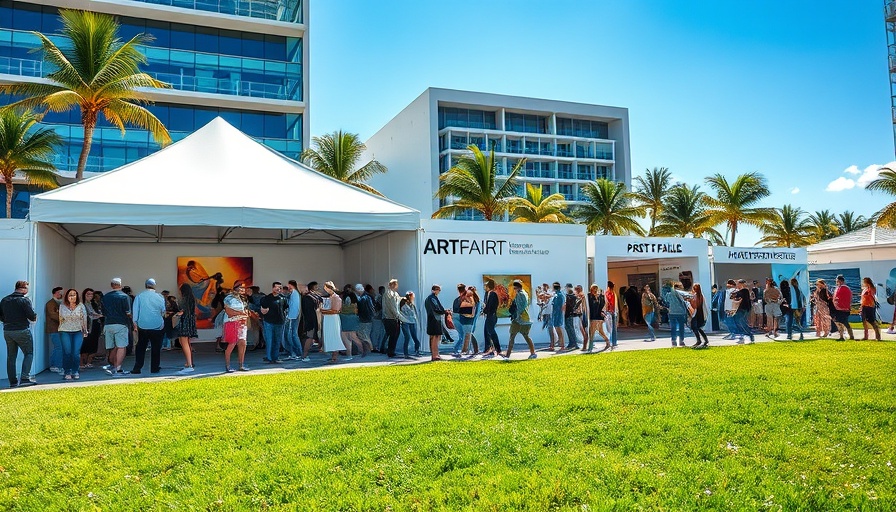
Remembering Nona Faustine: A Legacy of Resilience
The art world mourns the loss of Nona Faustine, a visionary photographer whose poignant works illuminated the often-hidden narratives of enslavement and celebrated the unwavering spirit of Black women. At just 48 years old, Faustine left behind a profound impact that transcended the lens of her camera, engaging viewers in conversations around heritage, identity, and resilience.
The Impact of Faustine’s Work
With her iconic series, such as "White Shoes," Faustine reclaimed space and visibility for Black women, utilizing powerful imagery to explore the complex layers of history and memory. In these photographs, she posed in various significant sites, embodying the past while questioning contemporary representations of Black women in society. Her approach resonated deeply with many, offering a raw and honest perspective that challenged the status quo.
An Artistic Voice for the Unseen
Faustine’s work was more than just photography; it was a radical act of storytelling. By placing herself in historical landscapes of slavery, she brought to light the stories often left untold. This ability to connect personal narratives with collective histories speaks not only to her talent as an artist but also to her understanding of the socio-political landscape that informs the Black experience in America today.
A Celebration of Community and Response
In the wake of her passing, artists and community members are coming together to honor Faustine’s contributions to the arts. Social media has become a platform for sharing her work and celebrating her influence, creating a communal space for grief and gratitude. It is a testament to how deeply her art resonated with individuals across diverse backgrounds, reinforcing the notion that art can foster community and connection.
The Future of Heritage Through Art
Faustine's legacy raises crucial questions about the role of art in contemporary society. Her work highlights the need for more diverse narratives and representation in the art community. This necessitates a broader dialogue about how artists can navigate and reflect societal issues through their work, ensuring that future generations of Black artists feel empowered to tell their own stories.
A Call for Continued Engagement
As we reflect on Faustine's extraordinary life and work, we are reminded of the power of artistic expression as a tool for change. Engaging with art that confronts our histories and shapes our futures is essential for personal and societal growth. For those residing in Philadelphia and beyond, let us continue to seek, support, and celebrate the talented voices that enrich our communities.
Join the conversation around Nona Faustine’s legacy by visiting local art exhibits that celebrate diversity or sharing your thoughts and memories of her work. By doing so, we honor her impact and keep her message alive.
 Add Row
Add Row  Add
Add 




Write A Comment